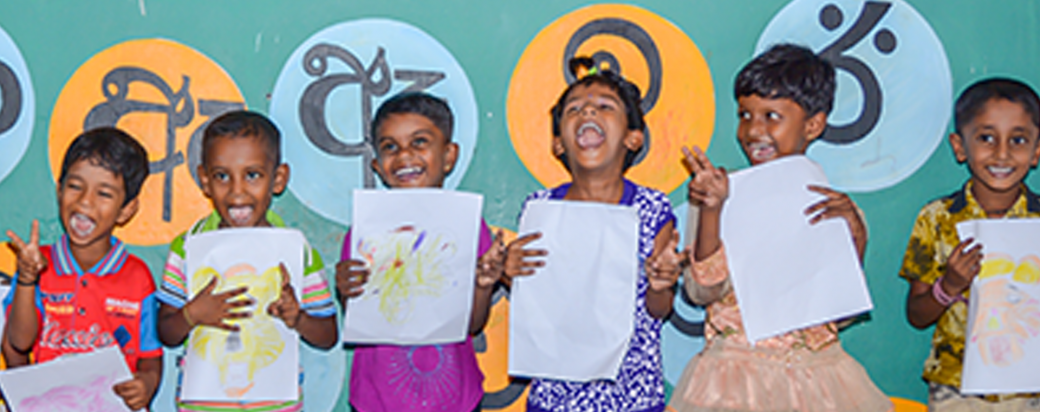
About the Project
This project is one of the 2020 WISE Awards winners.
Think Equal believes that a discriminatory mind-set is the root cause of inequality and violence: discrimination and the ascribing of lesser or no value to the ‘other’ is the disease, and violence is the symptom of the disease.
Context and Issue
A global education initiative calling for a system change in education, Think Equal is designed as a preventative vaccination. Both a movement as well as a tangible, evidence-based intervention, it asks: “How can it be deemed compulsory for a child to learn numeracy and literacy in an age in which we have calculators and computers, and yet it is optional for a child to learn how to value another human being and to lead healthy relationships?”
Solution and Impact
Think Equal works with education ministries to adopt its free program mediating value- based, experiential, social and emotional learning for children aged 3-6. The curriculum covers age appropriate lessons in empathy, emotional literacy, resilience, self-regulation, critical thinking, gender equality, peaceful conflict resolution, self-esteem, etc. – a total of 25 competencies and skills which we deem to be critical as the foundation for positive outcomes in life.
We have reached over 94,000 children in 15 countries, with strong feedback from educators of the impact on the children and even their families. We work with governments in many of these countries, which have all piloted the program and are in various stages of roll out; by way of one example, South Africa has agreed to rollout the program to every reception classroom across South Africa. Think Equal’s partners include UNICEF, UNESCO, Pope Francis’s Global Compact on Education; Montessori; the Institute for Healthy Minds; Charter for Compassion, Fundación Escuela Nueva, SEE Learning (Emory University), the Yale University Center for Emotional Intelligence, Teach for All, and the Earth Institute (Columbia University).
Future Developments
Our 3-year strategy aims to reach 1.1 million children by 2022.


